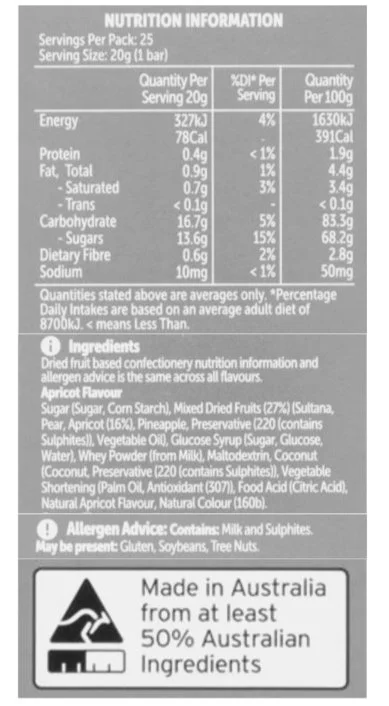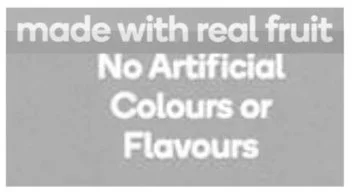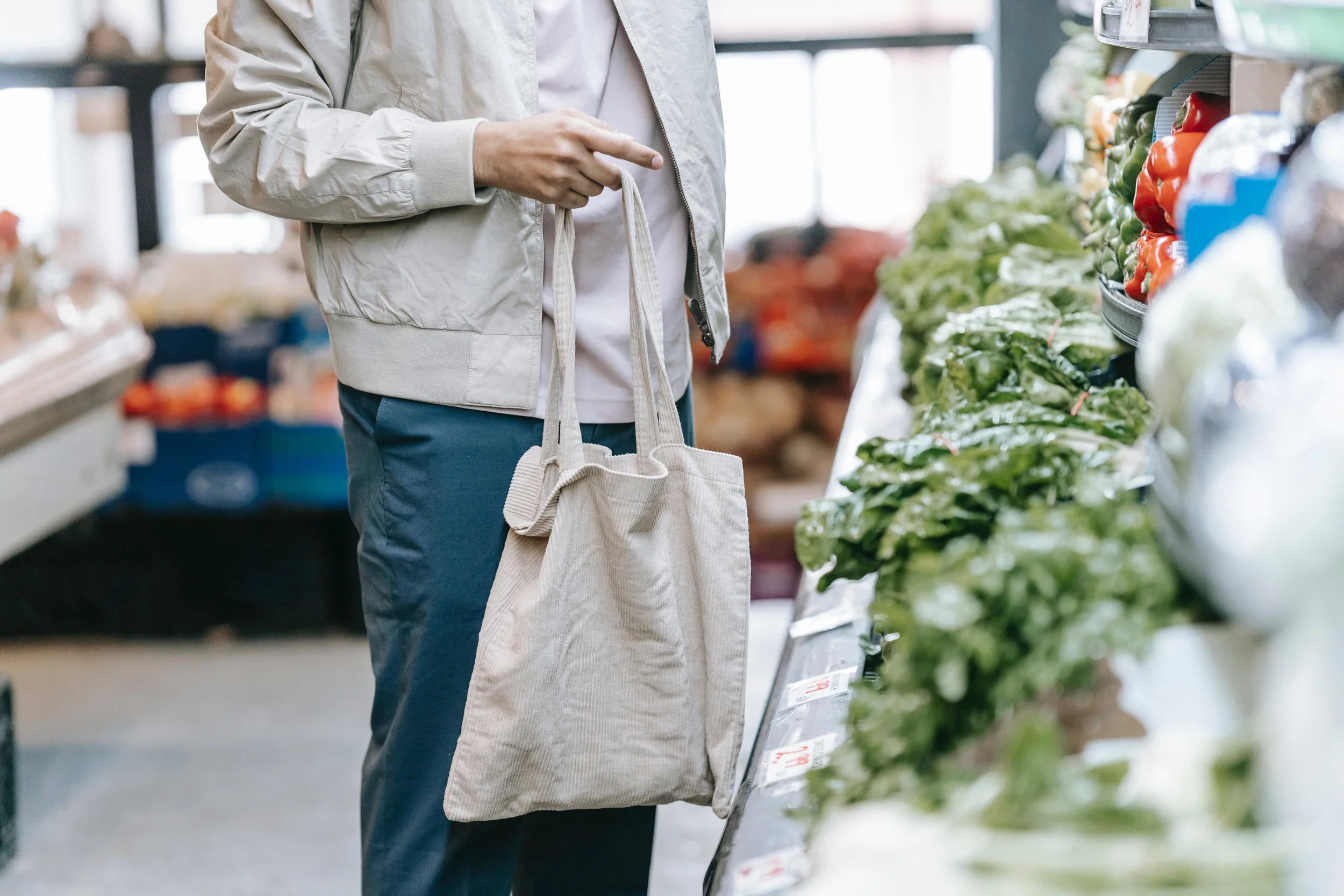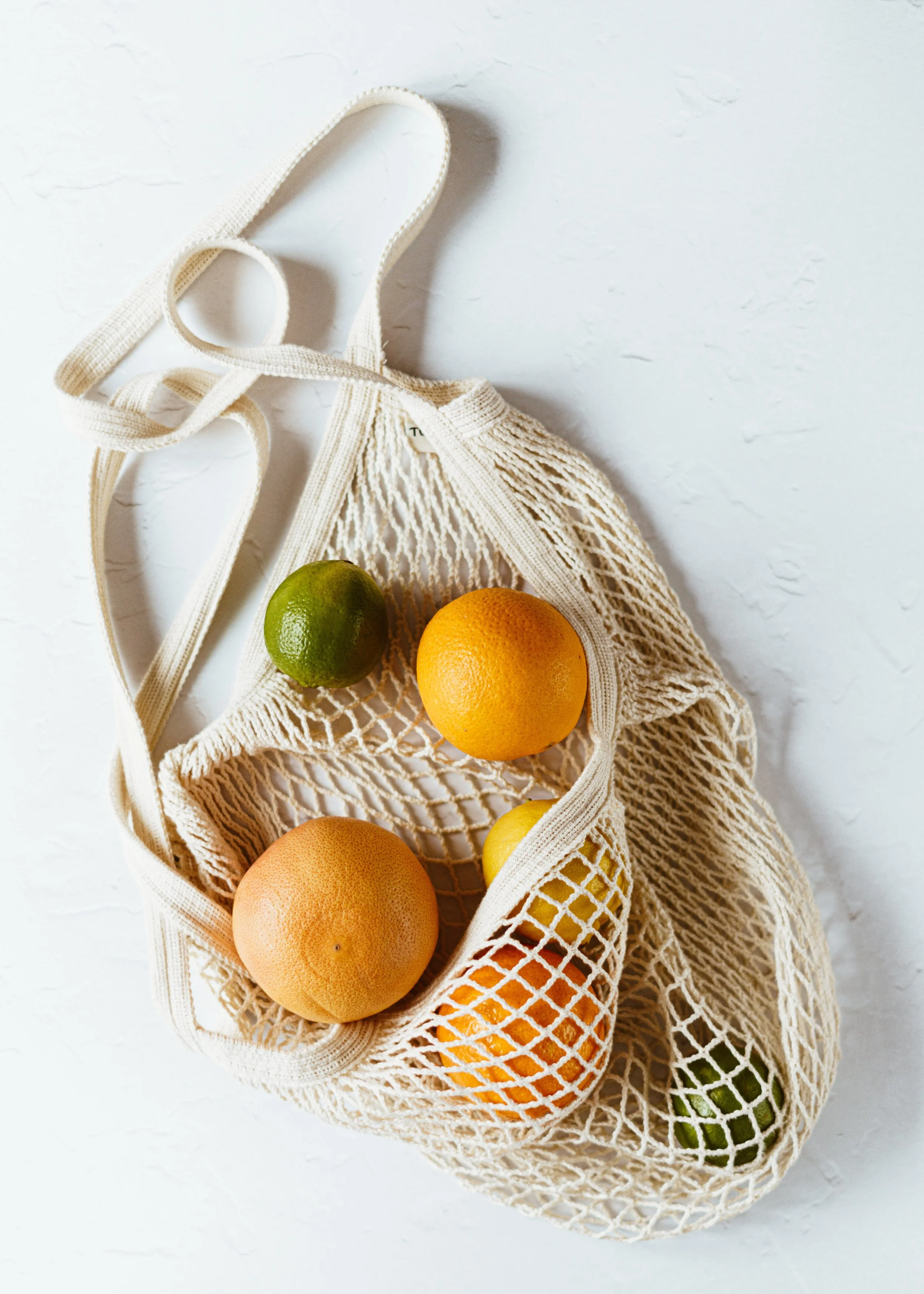How to Read Food Labels
I know it can be super overwhelming when you first start picking up food packets and becoming conscious of what you’re actually consuming. Trust me it does get easier and easier!
And if you’re joining me on this REAL food journey, approaching a supermarket is actually super simple when you know exactly how to stick to wholefood natural ingredients and avoid the junk/jibberish that are on nutrition labels.
Reading Nutrition Labels
The serving size will often be less than what you would naturally portion for yourself.
For example, a chocolate bar is often 2-4 servings *eye rolls* so unrealistic.I don’t recommend calorie counting (find out why here), but if you are comparing products use the per 100g column when comparing products. And if checking the per serve column, ensure it matches your portion.
Potential allergens must be listed.
Also check to see where the product is made. We want to eat locally as much as possible.
Green Washing is VERY common and mostly displayed on the front of the packet and can be extremely deceptive. Read the nutrition panel to check these allegations. Find out more about Green Labelling here.
Ingredients
This is the first place you should ALWAYS look. The most important part and what you should actually care about, as this is what you are actually eating! I personally would never buy a product without checking this.
Ingredients are listed in order of quantity (greatest to smallest weight). This is handy to see what the majority of the product is and whether it is a healthful ingredient.
Aim for no more than 5 ingredients (there are exceptions, if they are wholefood based).
If you don’t recognise (or are able to pronounce) an ingredient, chance is it’s not REAL food.
Watch out for any numbers & random letters! Big no, no, we do not want to be consuming chemical cocktails.
Numbers are listed as 100’s (artificial colouring) 200’s (preservatives) and 400’s (artificial sweeteners).
Letters E621-625 (are glutamate enhance flavours such as msg).
Watch out for the use of inflammatory vegetable/seed oils such as (canola, sunflower, soybean & palm).
Watch out for the overuse of sugar and salt disguised as other names (see below guide). These are often repeated in the ingredient list under multiple names. This is to avoid the product having to list ‘sugar’ as the first ingredient on the list and having the largest quantity.
Natural Flavours/Colours/Extracts are not as natural as they portray. Avoid these and stick to the real food approach. Read more on this here.
Sugar & Salt is often disguised! (Sneaky sneaky!)
Sugar (common names)
Agave nectar, barley malt, beet sugar, black strap molasses, brown rice syrup, brown sugar, cane juice, cane sugar, caramel, carob syrup, caster sugar, confectioner sugar, corn syrup, date sugar, demara sugar, dextran, dextrose, ethyl maltol, evaporated cane juice, fructose, fruit juice concentrates, galactose, glucose, golden syrup, high fructose corn syrup, lactose, malt, malt syrup, maltodextrin, maltose, molasses syrup, rice bran syrup, rice syrup, raw sugar, sugar, treacle, tapioca sugar
More natural sugar sources (that are less refined):
Honey, Maple Syrup, Coconut Sugar, Rice Malt Syrup (fermented brown rice), Rapadura/Panela Sugar (simply dehydrated cane juice), Dates, Fruit & Stevia Leaf
Read more about natural sweeteners here.
Salt (common names)
Baking powder, celery salt, garlic salt, meat/yeast extract, monosodium glutamate, MSG, onion salt, rock salt, sea salt, sodium, sodium ascorbate, sodium bicarbonate, sodium nitrate/nitrite, stock cubes, vegetable salt.
Note, these lists are non-exhaustive, the industry continues to confuse consumers by developing new chemicals and ingredients to use and therefore is forever evolving. *sigh*
I hope this has been insightful!
Want more?
My Low Tox Food Program is my signature program and honestly my true passion. It will help you get back in touch with REAL food. I go through every food product imaginable, giving you the confidence that what you are adding to your shopping trolley is free of nasties, additives and is actually going to nourish your body.
After some more nourishment?
Check out these articles!
· Simple Food Swaps: 10 Food Alternatives that are worth it!
· Nasty Chemicals to Avoid in Your Beauty Products
· 6 Powerful Lessons I Learnt on my Health Journey






